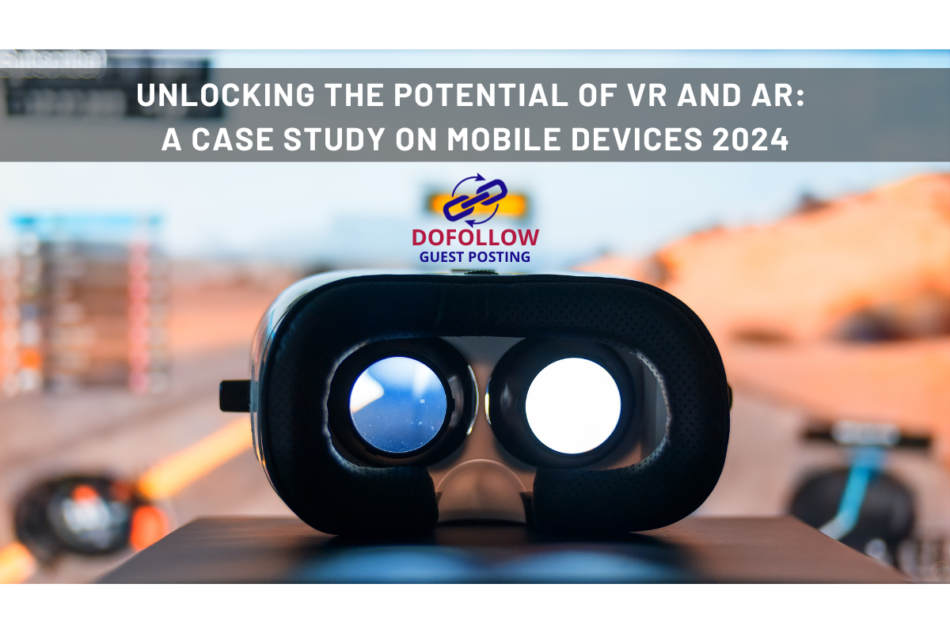Virtual Reality (VR) and Augmented Reality (AR) have revolutionized various industries, offering immersive experiences and innovative solutions. In this case study, we explore the role of specialized mobile devices in facilitating VR and AR applications, along with their impact on user experience and industry trends.
Case Study:
Client Background: Treeview, a leading tech company, aimed to enhance customer engagement and training processes through immersive VR and AR experiences. They sought to leverage specialized mobile devices to deliver high-quality, interactive content to users.
Challenges Faced:
- Compatibility: Ensuring seamless integration of VR and AR applications with specialized mobile devices.
- Performance: Delivering smooth and responsive experiences without compromising on graphics quality.
- Accessibility: Making VR and AR content accessible to a diverse audience, including users with varying technical proficiency.
- Cost-effectiveness: Optimizing resources and investments in specialized mobile devices while maximizing ROI.
Solution Implemented:
- Selection of Specialized Mobile Devices: After thorough research and testing, Treeview chose high-performance mobile devices equipped with advanced VR and AR capabilities.
- Customized Application Development: Collaborating with experienced developers, Treeview created tailored VR and AR applications catering to specific user needs and preferences.
- User Training and Support: Providing comprehensive training and support resources to ensure users could easily navigate and utilize VR and AR features.
- Continuous Improvement: Iteratively refining VR and AR experiences based on user feedback and technological advancements to maintain relevance and competitiveness.
Results Achieved:
- Enhanced Customer Engagement: VR and AR experiences captivated users, resulting in increased interaction, retention, and brand loyalty.
- Improved Training Efficiency: VR simulations facilitated immersive training scenarios, leading to better comprehension and retention of information.
- Expanded Market Reach: Accessible VR and AR content enabled Treeview to reach a broader audience, including individuals with limited access to traditional training methods.
- Cost Savings: Leveraging specialized mobile devices proved cost-effective compared to investing in dedicated VR or AR hardware, making immersive experiences more attainable for businesses of all sizes.
Industry Insights:
- Growing Demand for Immersive Experiences: Industries such as education, healthcare, retail, and entertainment continue to embrace VR and AR technologies to enhance customer experiences and drive innovation.
- Advancements in Mobile Technology: The evolution of mobile devices with enhanced processing power, graphics capabilities, and spatial tracking has fueled the adoption of VR and AR applications.
- Importance of User Experience: User-centric design and seamless integration are crucial for the widespread adoption of VR and AR technologies, emphasizing the need for intuitive interfaces and immersive content.
Also read: Commonly Used Specialized Mobile Devices for VR and AR 2024
Conclusion: Specialized mobile devices play a pivotal role in unlocking the potential of VR and AR, enabling businesses to deliver immersive experiences that captivate and engage users. By embracing these technologies and leveraging the capabilities of modern mobile devices, companies can stay ahead of the curve and drive meaningful impact across various industries.


